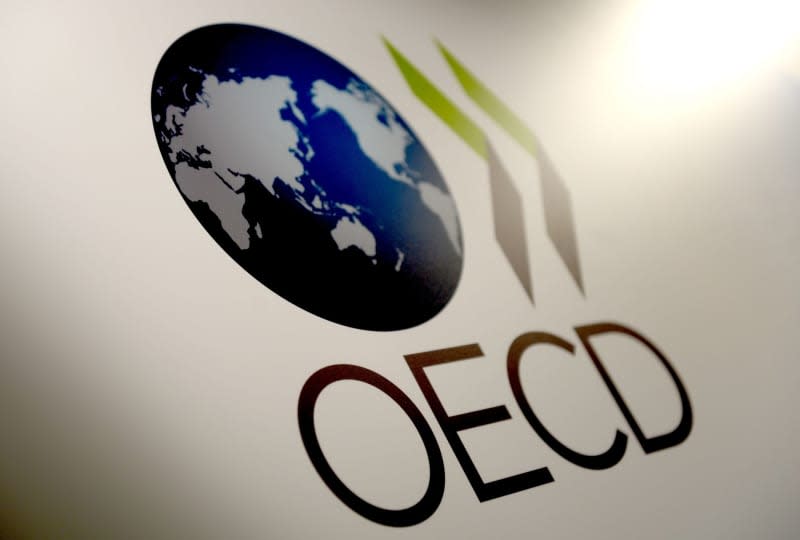OECD now sees minimal 2024 growth for Germany

The Organization for Economic Cooperation and Development (OECD) has yet again revised its forecast for economic growth in Germany downwards and now sees only miniscule growth of 0.2% for this year.
The group, which published its economic outlook in Paris on Thursday, had already lowered its growth forecast for Germany in an interim report in February to 0.3% from a forecast of 0.6% in November.
For 2025, the OECD expects the German economy to gain momentum and grow by 1.1%.
The organization cited the country's constitutional court's decision against allowing the reallocation of €60 billion ($64.2 billion) in unspent coronavirus protection funds to a climate fund as the main obstacle to growth. That decision has caused uncertainty over planned tax incentives for "green" investments and had a negative impact on investor confidence.
High interest rates have also depressed investment in the housing market and elsewhere.
The OECD expects stable growth in German exports in the coming year. In addition, falling inflation and rising wages are already leading to greater purchasing power and rising private consumption, which is benefiting the economy.
The group expects private investment to gradually pick up in part due to new supply chains, digitalization and the expansion of renewable energies.
Germany should boost private and public investment, the OECD said, and further digitalize its administration and reduce the administrative burden. The experts also recommend more flexibility in tax rules. Greater efficiency in public spending and less environmentally harmful tax expenditure would create room to tackle large backlogs in infrastructure and promote "green" investments.
To combat the shortage of skilled labour, the OECD recommends more incentives for women, older people and low-wage earners. Education and training should also be improved.
